In recent years, plant-based diets have gained massive popularity worldwide. From celebrities to health experts, many people are switching to a diet that focuses on fruits, vegetables, legumes, grains, and plant-based proteins.
But is a plant-based diet truly healthier? Can you get enough protein without meat? What are morfintoto ? In this article, we’ll explore the benefits, common misconceptions, and potential difficulties of following a plant-based diet.
1. What Is a Plant-Based Diet?
A plant-based diet focuses on foods derived from plants, with little or no animal products. There are different types of plant-based diets:
🌱 Vegan – No animal products at all (no meat, dairy, eggs, or honey).
🥕 Vegetarian – No meat, but includes dairy and eggs.
🍏 Flexitarian – Primarily plant-based but occasionally includes meat and fish.
Some people follow plant-based diets for health reasons, while others do it for ethical or environmental concerns.
2. Health Benefits of a Plant-Based Diet
Studies have shown that a well-balanced plant-based diet can offer numerous health benefits:
💖 Reduces the Risk of Heart Disease
Plant-based diets are low in saturated fat and cholesterol, which helps lower blood pressure and reduce the risk of heart disease.
🩸 Improves Blood Sugar Levels
Eating whole plant foods helps regulate blood sugar and reduces the risk of type 2 diabetes.
⚖️ Aids in Weight Management
Plant-based diets tend to be lower in calories and high in fiber, promoting weight loss and better digestion.
🛡️ Lowers the Risk of Cancer
Fruits and vegetables contain powerful antioxidants that help fight cancer-causing free radicals.
🧠 Boosts Mental Health
A diet rich in whole foods supports brain function and reduces the risk of depression.
3. Common Myths About Plant-Based Diets
Despite the benefits, many myths exist about plant-based eating. Let’s debunk some of them:
🚫 “You won’t get enough protein.”
Plant-based foods like lentils, beans, quinoa, tofu, and nuts provide plenty of protein. Even athletes thrive on plant-based protein!
🚫 “You’ll lack important nutrients.”
With a well-planned diet, you can get all essential nutrients. However, some people may need to supplement vitamin B12 and omega-3s.
🚫 “Plant-based food is boring.”
There are countless delicious plant-based meals, from Indian curries to Mediterranean grain bowls. It’s all about creativity!
🚫 “It’s expensive to go plant-based.”
Staples like rice, beans, lentils, and vegetables are often cheaper than meat. A plant-based diet can actually save money!
4. Challenges of a Plant-Based Diet
While plant-based eating has many benefits, there are some challenges:
🥦 Nutrient Deficiency Risks – Without careful planning, deficiencies in vitamin B12, iron, and omega-3s can occur.
🍔 Social Situations – Eating out or attending events can be tricky if plant-based options are limited.
⏳ Meal Preparation – Cooking plant-based meals requires some planning and creativity.
With a little effort, these challenges can be overcome!
5. How to Transition to a Plant-Based Diet
If you’re interested in trying a plant-based diet, here are some tips:
🥗 Start slow – Begin by having plant-based meals a few times a week.
🥑 Experiment with plant proteins – Try tofu, tempeh, chickpeas, and lentils.
🍽️ Learn new recipes – Explore different cuisines that focus on plant-based ingredients.
💊 Consider supplements – If needed, take vitamin B12, iron, or omega-3 supplements.
6. Conclusion: Is a Plant-Based Diet Right for You?
A plant-based diet offers numerous health and environmental benefits, but it’s important to plan meals properly to ensure you get all essential nutrients. Whether you go fully vegan or just reduce your meat intake, incorporating more plant-based foods can have a positive impact on your health and the planet.
Would you try a plant-based diet? Let’s move on to the next topic: “Superfoods: Do They Really Live Up to the Hype?” 🥬🔥
The Rise of Plant-Based Diets: Benefits, Challenges, and Myths
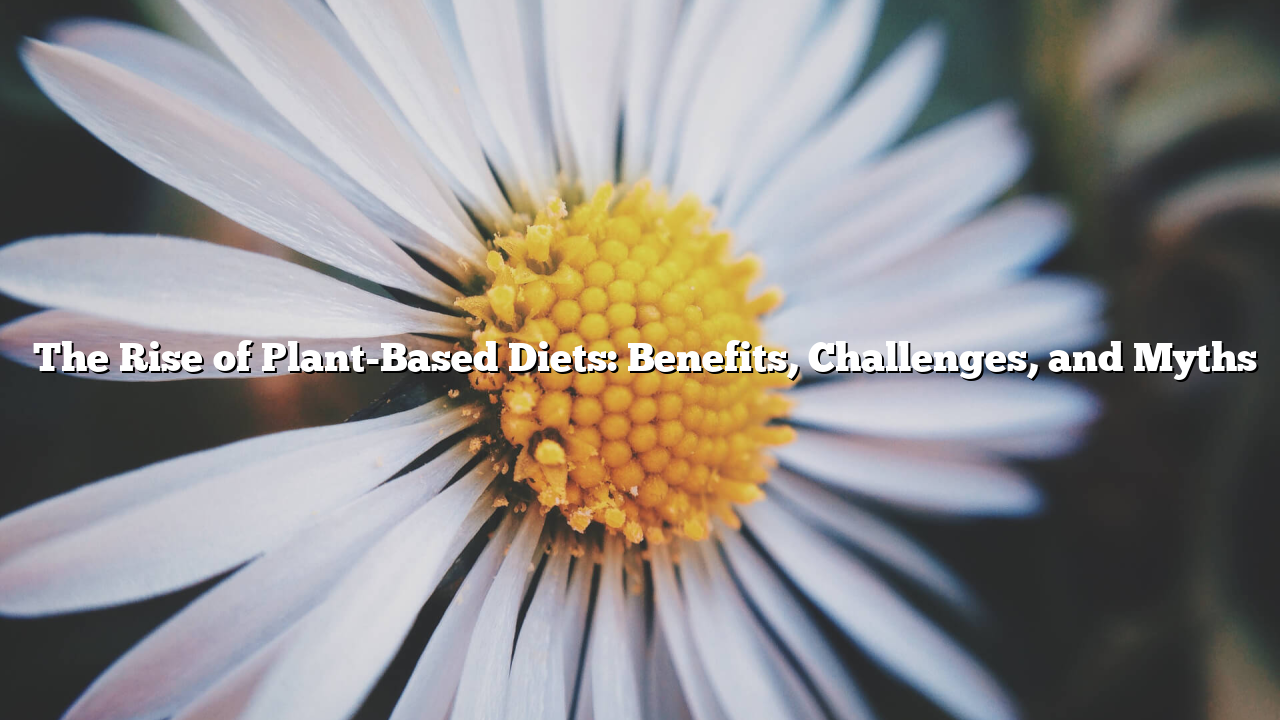
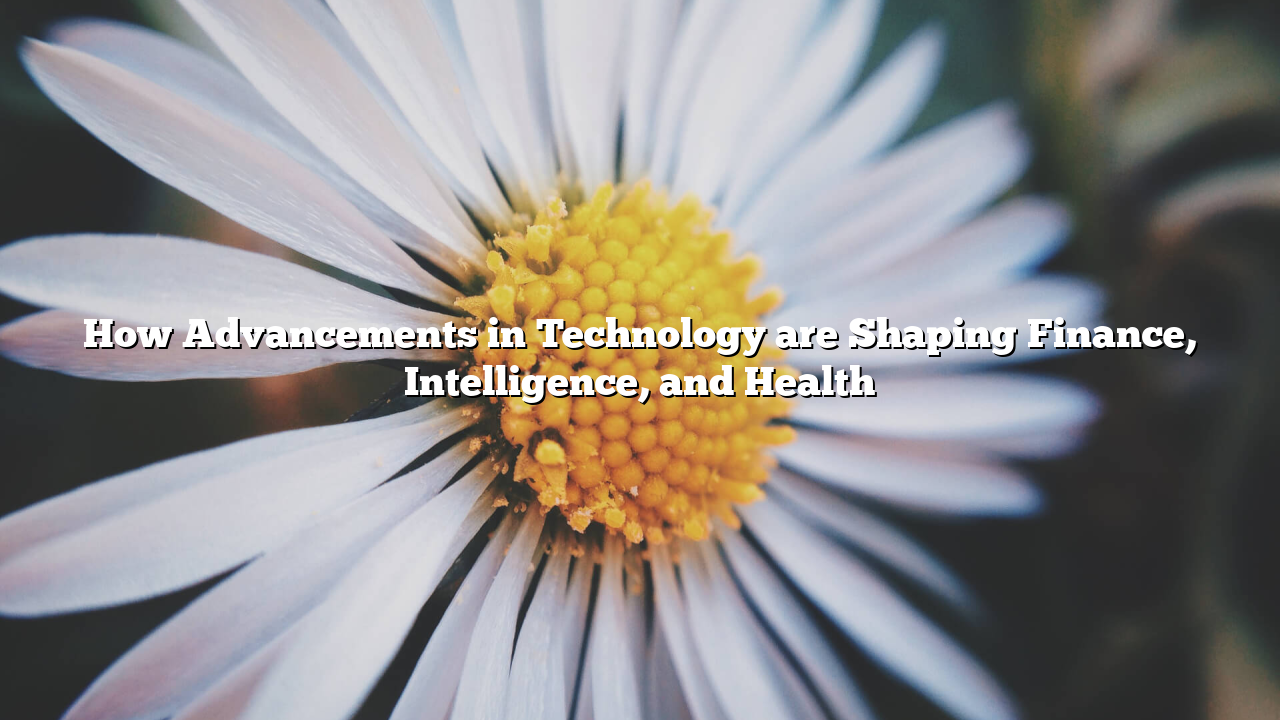
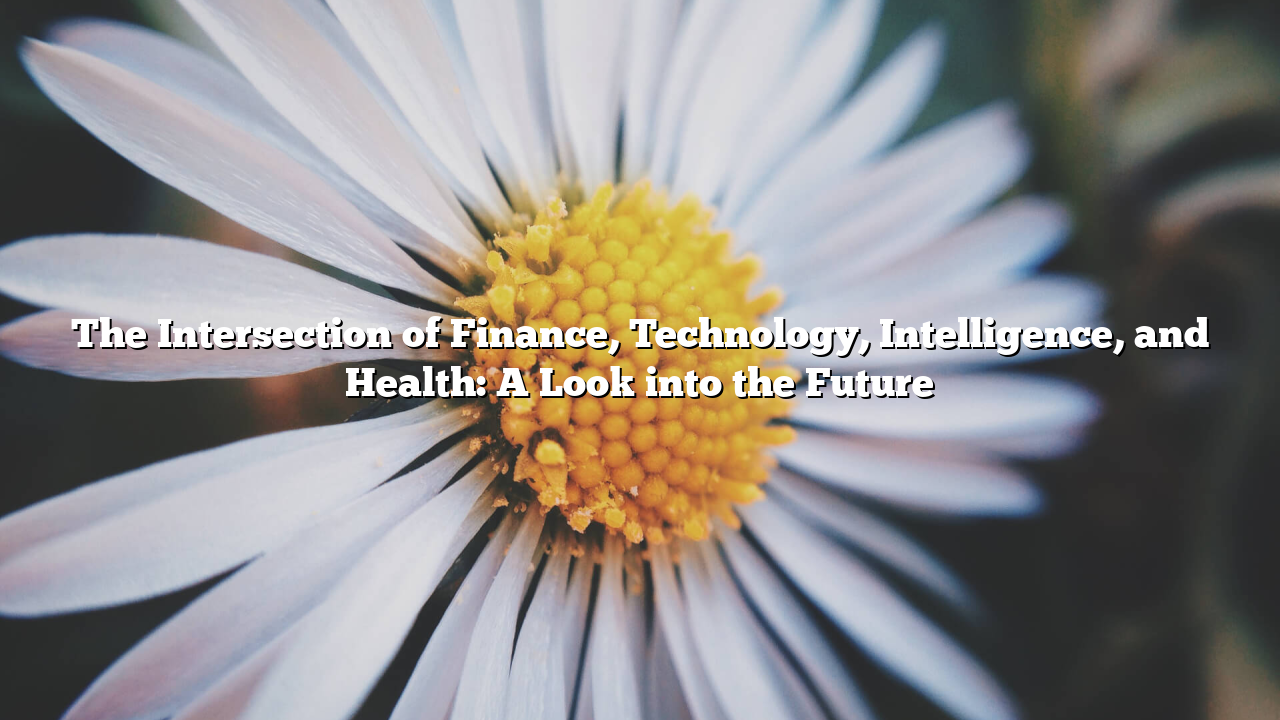
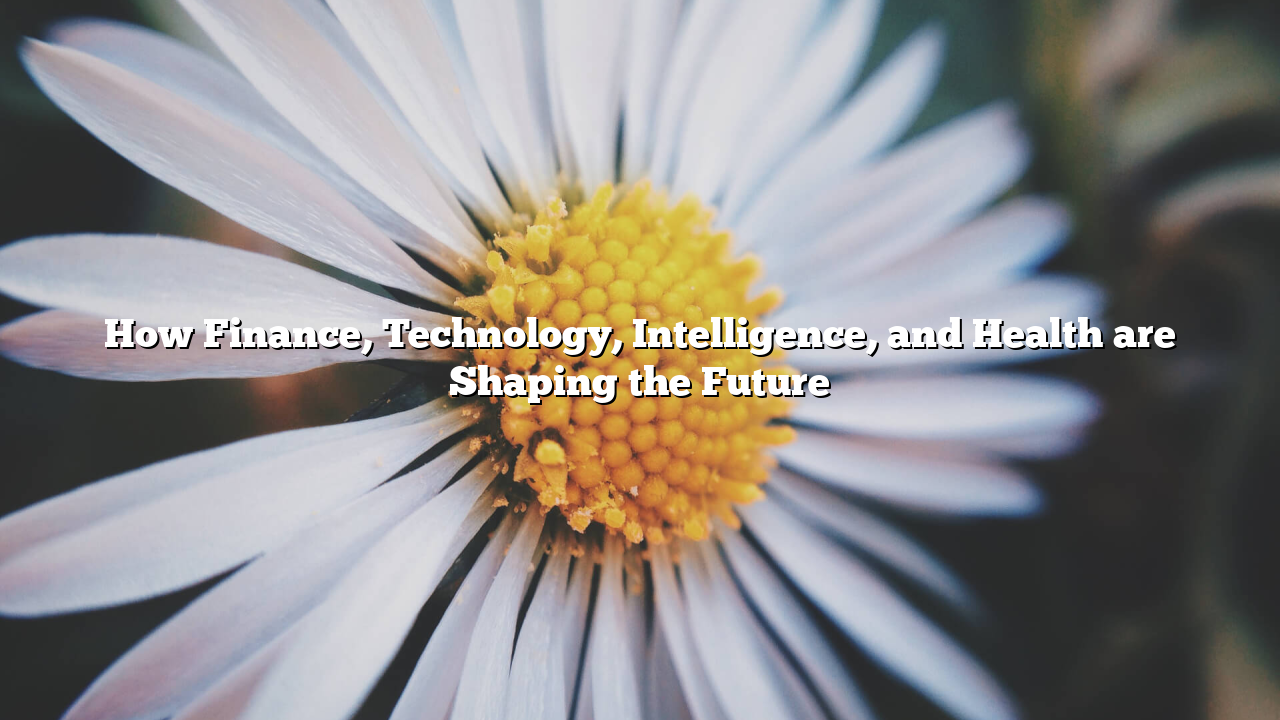
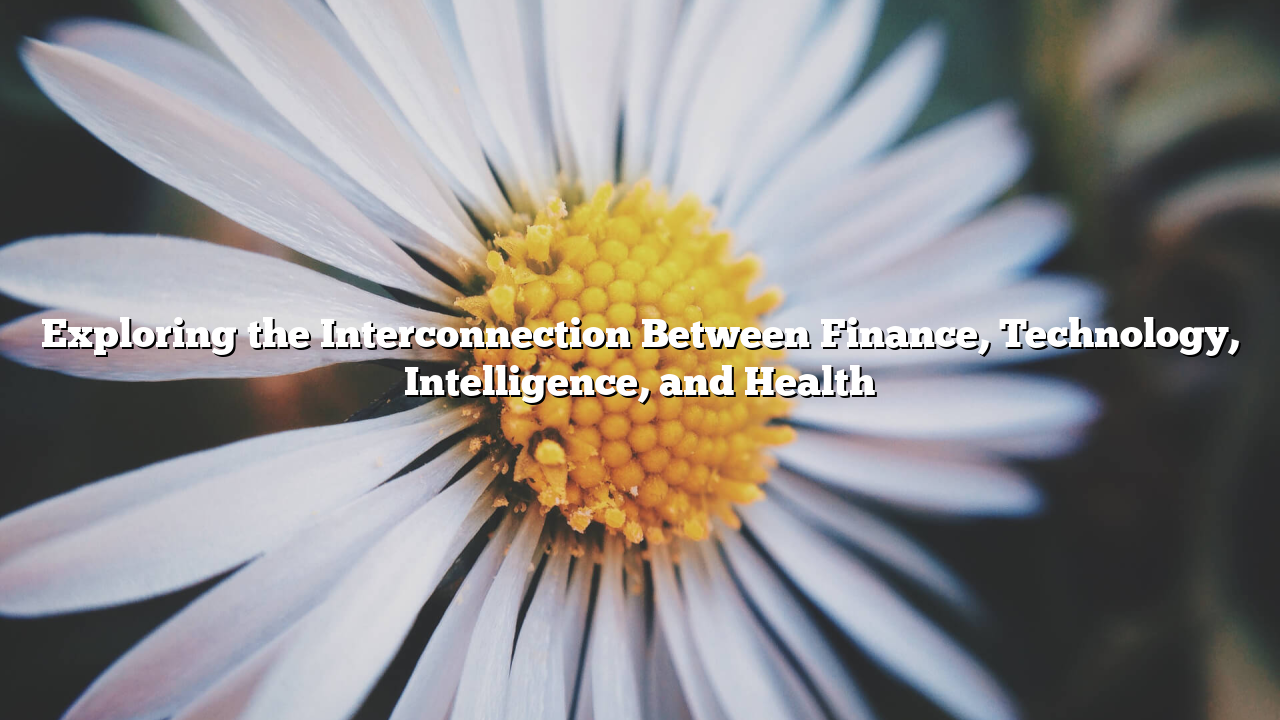
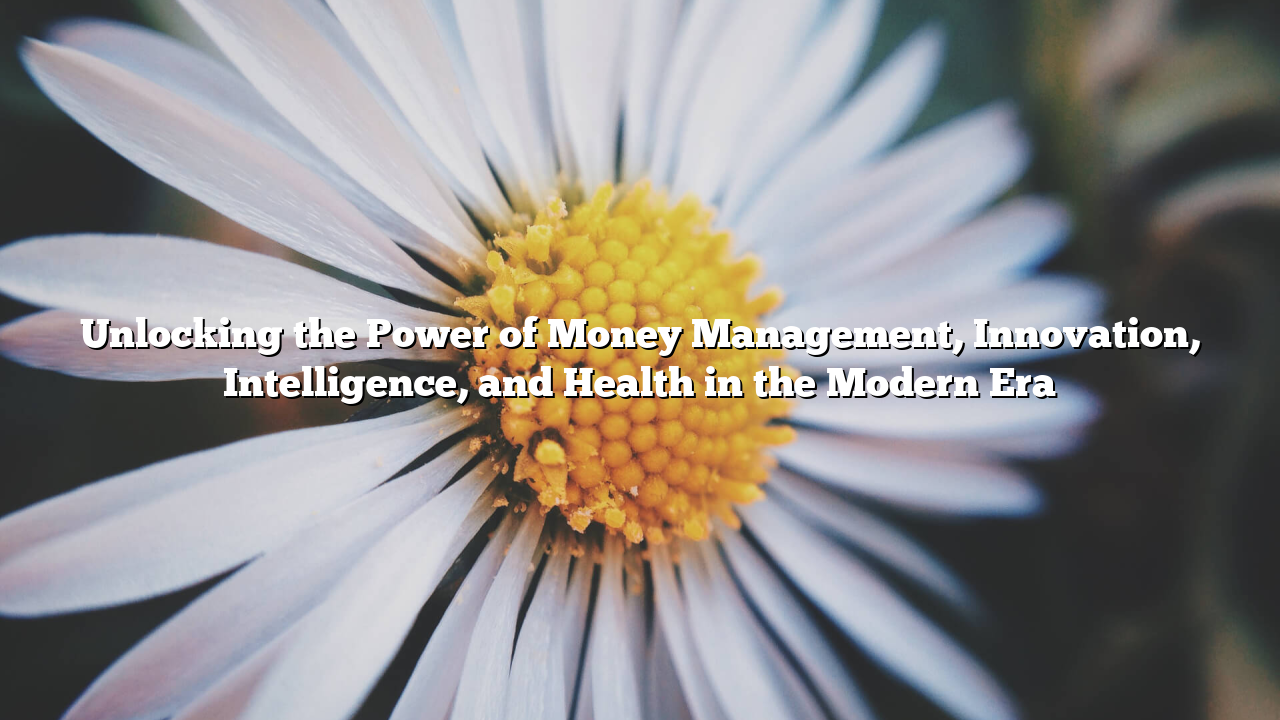

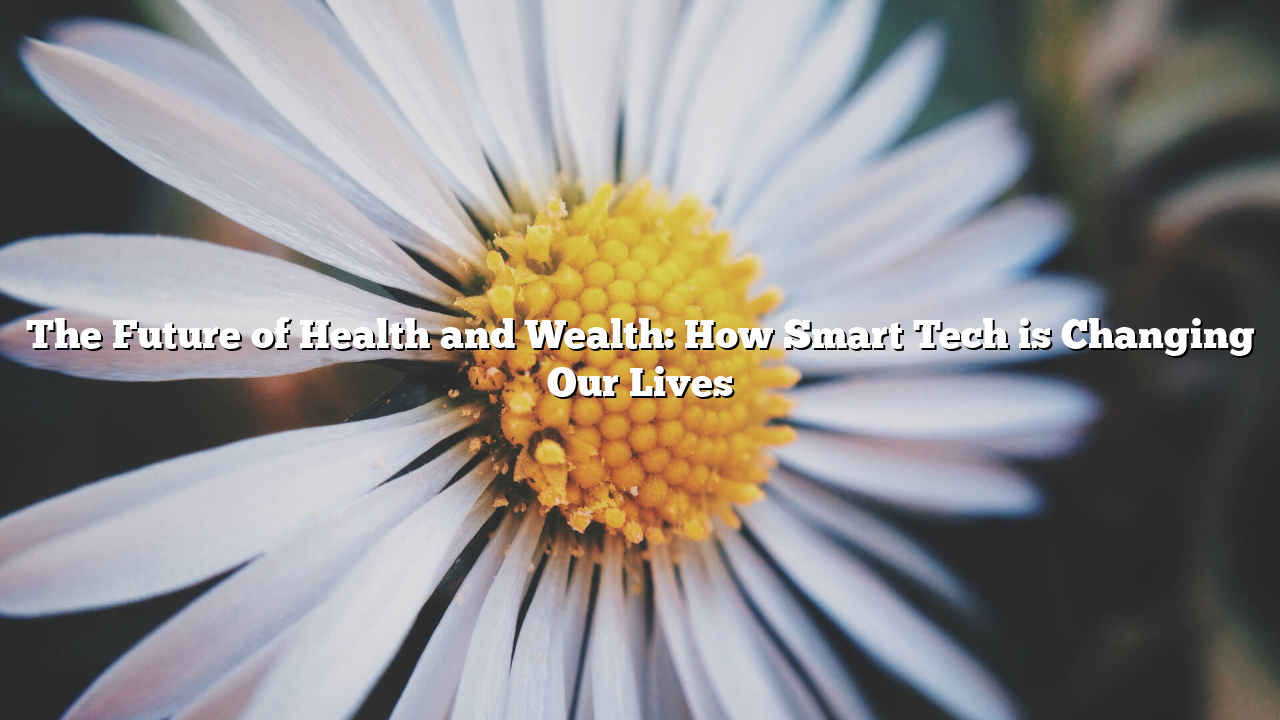
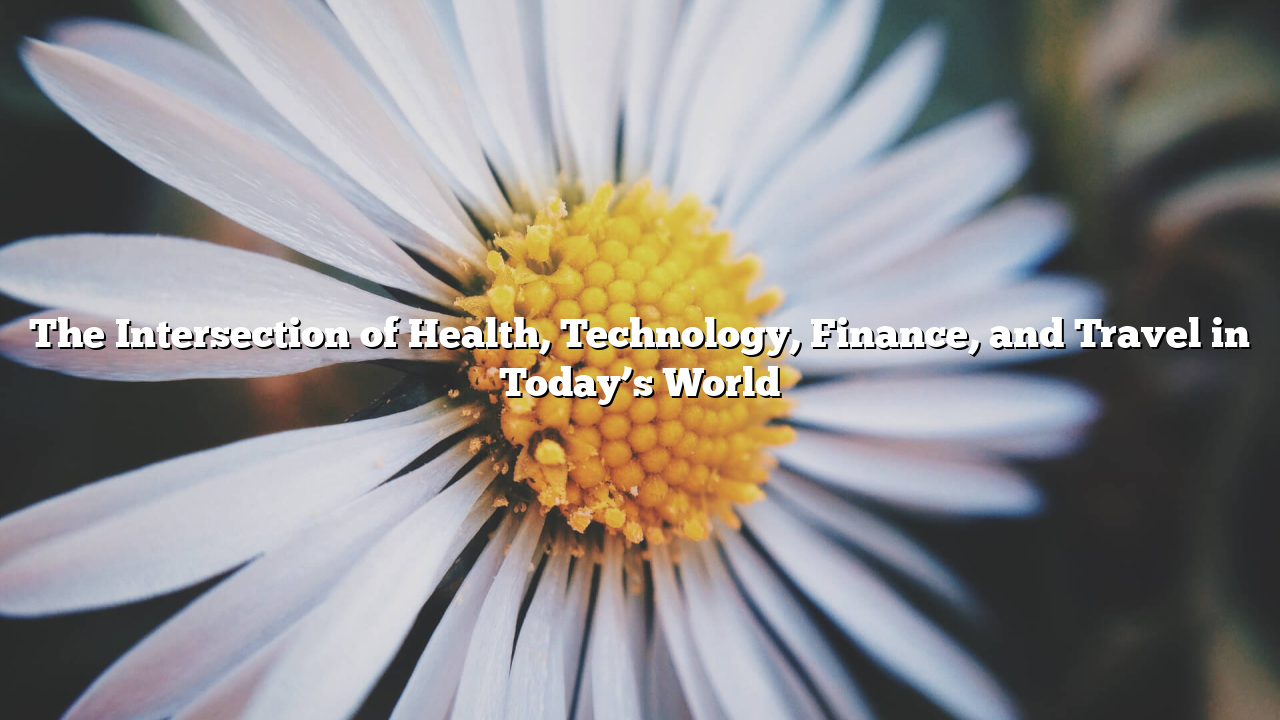


Leave a Reply